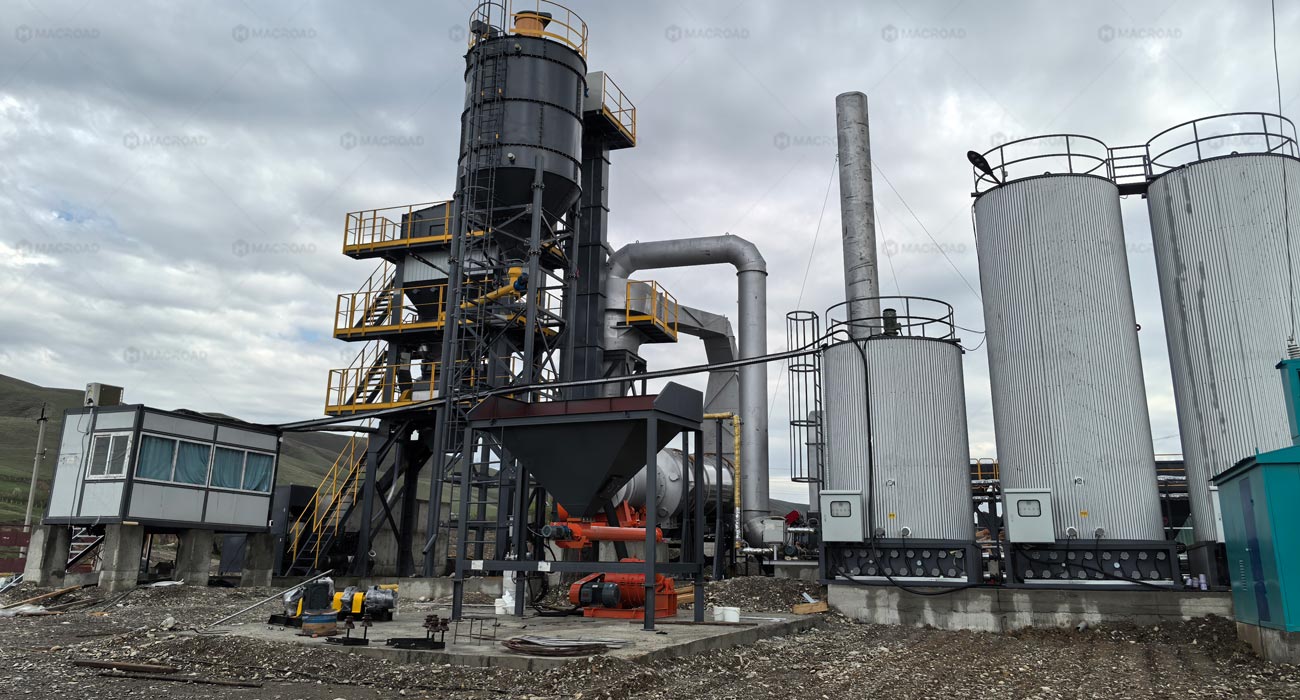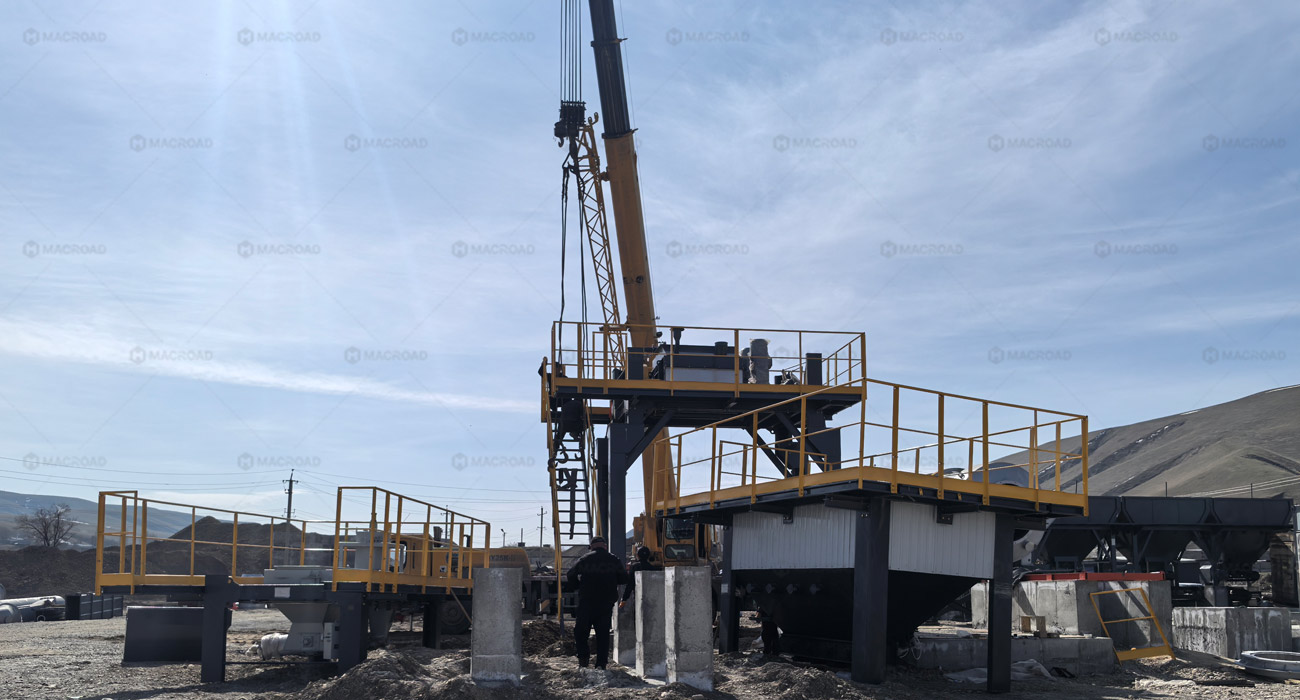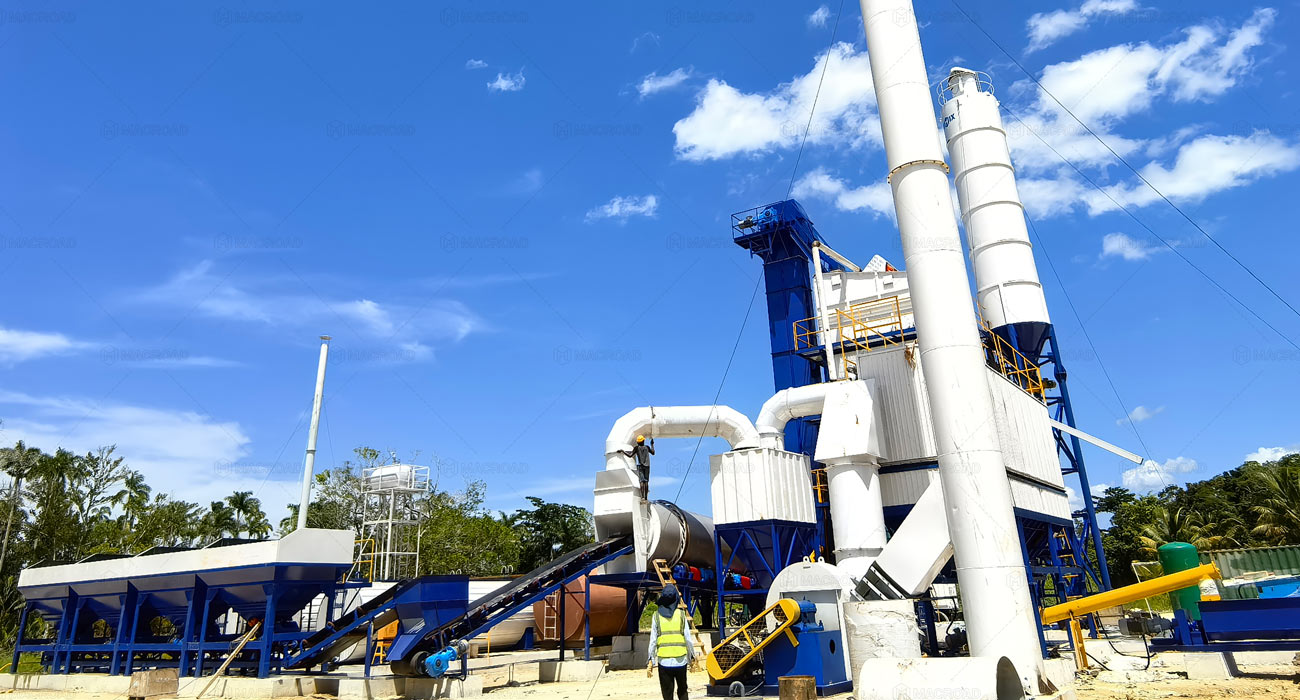As the construction industry faces evolving policy and regulatory frameworks, customers must proactively respond to the impacts these changes may have on the operation of asphalt mixing plants. Understanding potential shifts in regulations allows customers to adapt their strategies to maintain compliance, mitigate risks, and ensure continuous operations. This article explores how customers can effectively prepare for regulatory changes, focusing on user-centric approaches that enhance operational resilience.

Staying Informed About Regulatory Developments
One of the most effective ways customers can prepare for the impacts of policy and regulatory changes is by staying informed about developments in the industry. Regularly monitoring updates from government agencies and industry associations provides valuable insights into forthcoming regulations that could affect operations. Subscribing to newsletters, joining industry forums, and attending relevant conferences are excellent ways to remain updated.
As asphalt plant suppliers often communicate changes in regulations, engaging with these suppliers can also provide customers with timely information. For instance, an asphalt plant supplier like Macroad can offer insights into how upcoming changes may influence asphalt production and operational practices. By maintaining open lines of communication with suppliers, customers can better understand the implications of new regulations and adjust their operations accordingly.
Furthermore, establishing a designated compliance team within the organization can help streamline the process of tracking regulatory changes. This team can analyze how new policies may impact the use of fixed or mobile asphalt mixing plants, ensuring that the company is always prepared for any adjustments needed.

Implementing Flexible Operational Strategies
To effectively respond to regulatory changes, customers should consider implementing flexible operational strategies that can quickly adapt to new requirements. This flexibility may involve modifying existing processes or investing in new technologies that align with regulatory expectations.
For example, a modified asphalt production plant may need to adjust its production methods to comply with stricter environmental regulations. Customers should evaluate their current operations and identify areas where adjustments can be made efficiently. This might include upgrading equipment to meet emissions standards or adopting more sustainable practices within the production process.
Moreover, incorporating versatile asphalt production technologies can enhance a company’s ability to pivot in response to regulatory changes. By investing in equipment that can accommodate various mixes or production methods, customers can maintain compliance while continuing to meet project demands. This proactive approach ensures that operations remain uninterrupted even in the face of shifting regulations.

Engaging in Stakeholder Collaboration
Collaboration with stakeholders is another essential strategy for customers to prepare for the impacts of policy and regulatory changes. By engaging with local governments, industry associations, and environmental organizations, customers can gain insights into the regulatory landscape and advocate for favorable conditions.
Participating in discussions with policymakers allows customers to voice their concerns and contribute to the development of regulations that affect their operations. This engagement can help shape policies that are practical and beneficial for the industry. Additionally, collaboration with other industry players can lead to shared resources, knowledge, and best practices for navigating regulatory challenges.
Furthermore, fostering a strong relationship with asphalt plant suppliers can enhance customers’ ability to adapt to regulatory changes. Suppliers often have valuable experience in managing compliance and can provide guidance on how to implement necessary adjustments effectively. By working together, customers and suppliers can navigate regulatory landscapes more efficiently, ensuring continued success in asphalt production.
Conclusion
Proactively responding to policy and regulatory changes is crucial for customers operating asphalt mixing plants. By staying informed, implementing flexible operational strategies, and engaging in stakeholder collaboration, customers can effectively navigate the complexities of regulatory compliance in asphalt plant. These proactive measures not only mitigate risks but also enhance operational resilience in a constantly evolving landscape. As the industry continues to adapt to new policies, customers who prioritize these strategies will be well-positioned for sustained success in asphalt production and project delivery.
